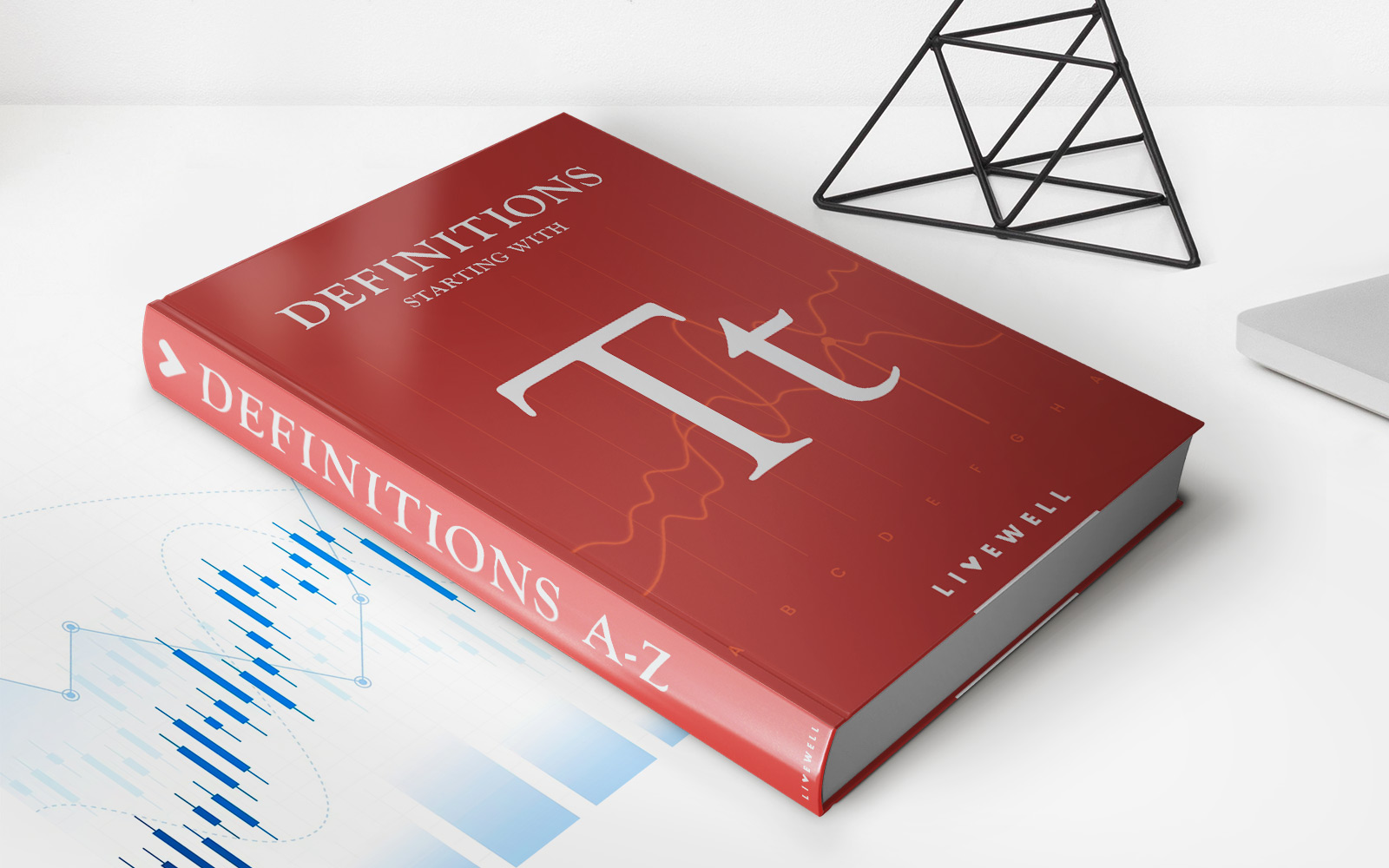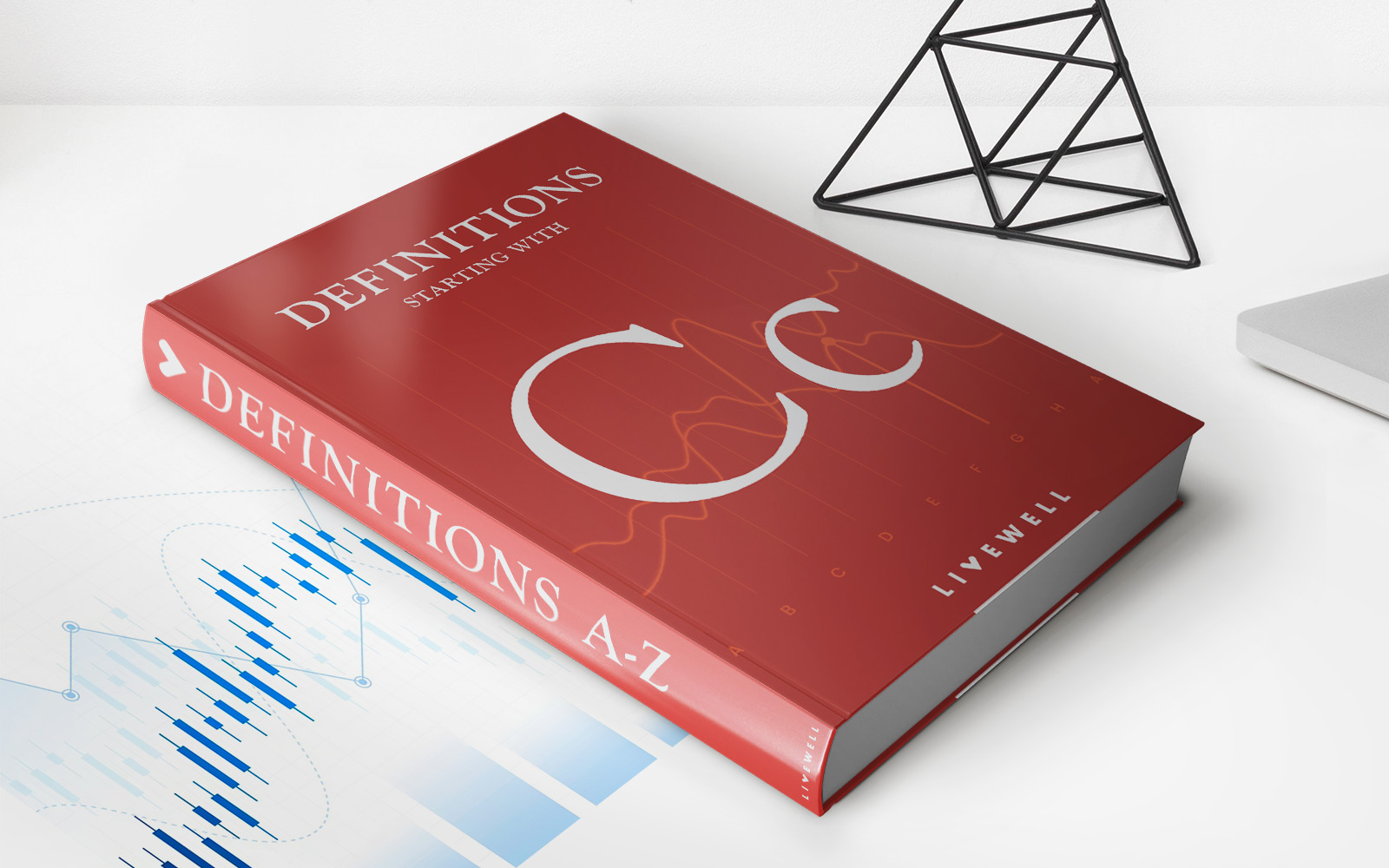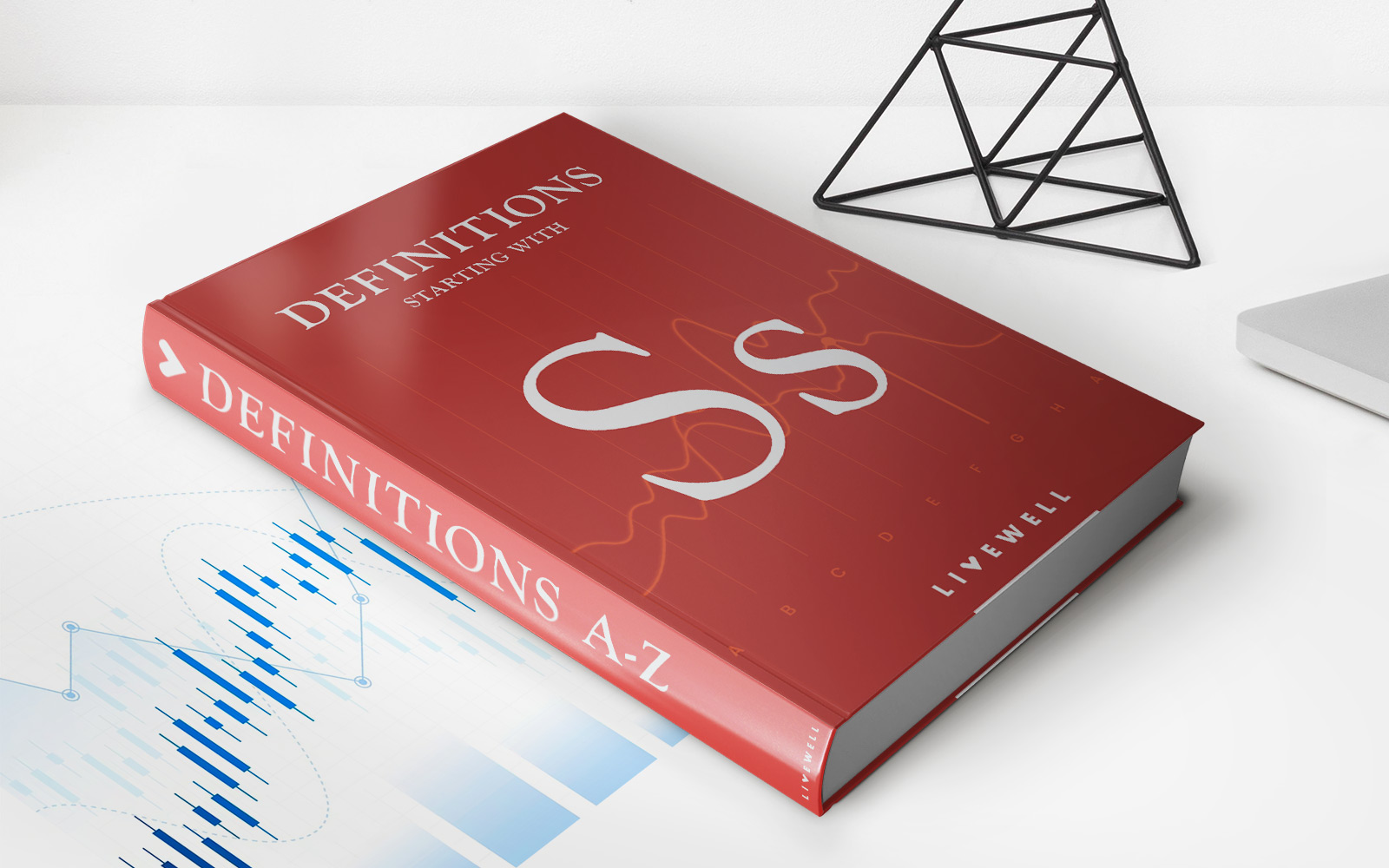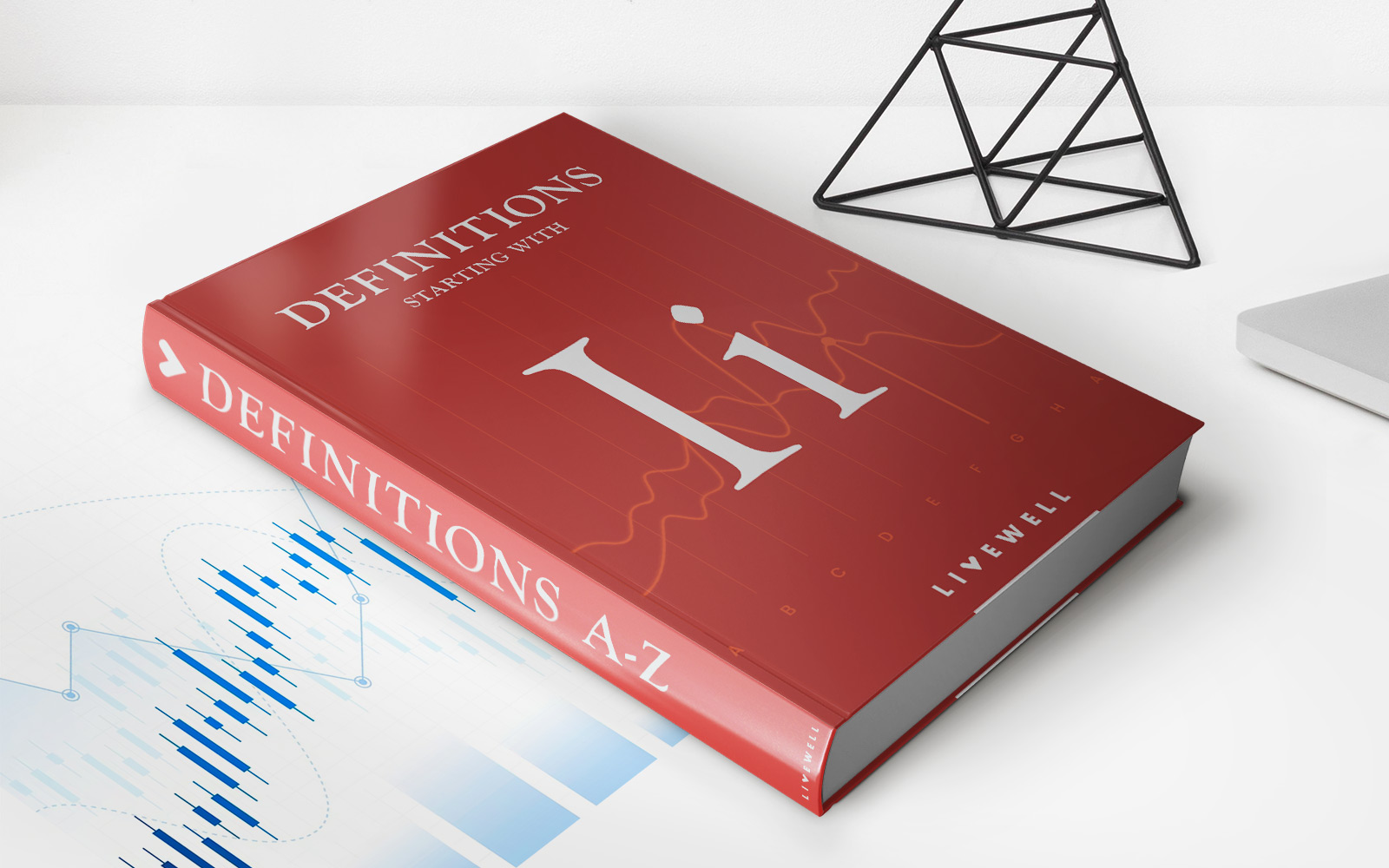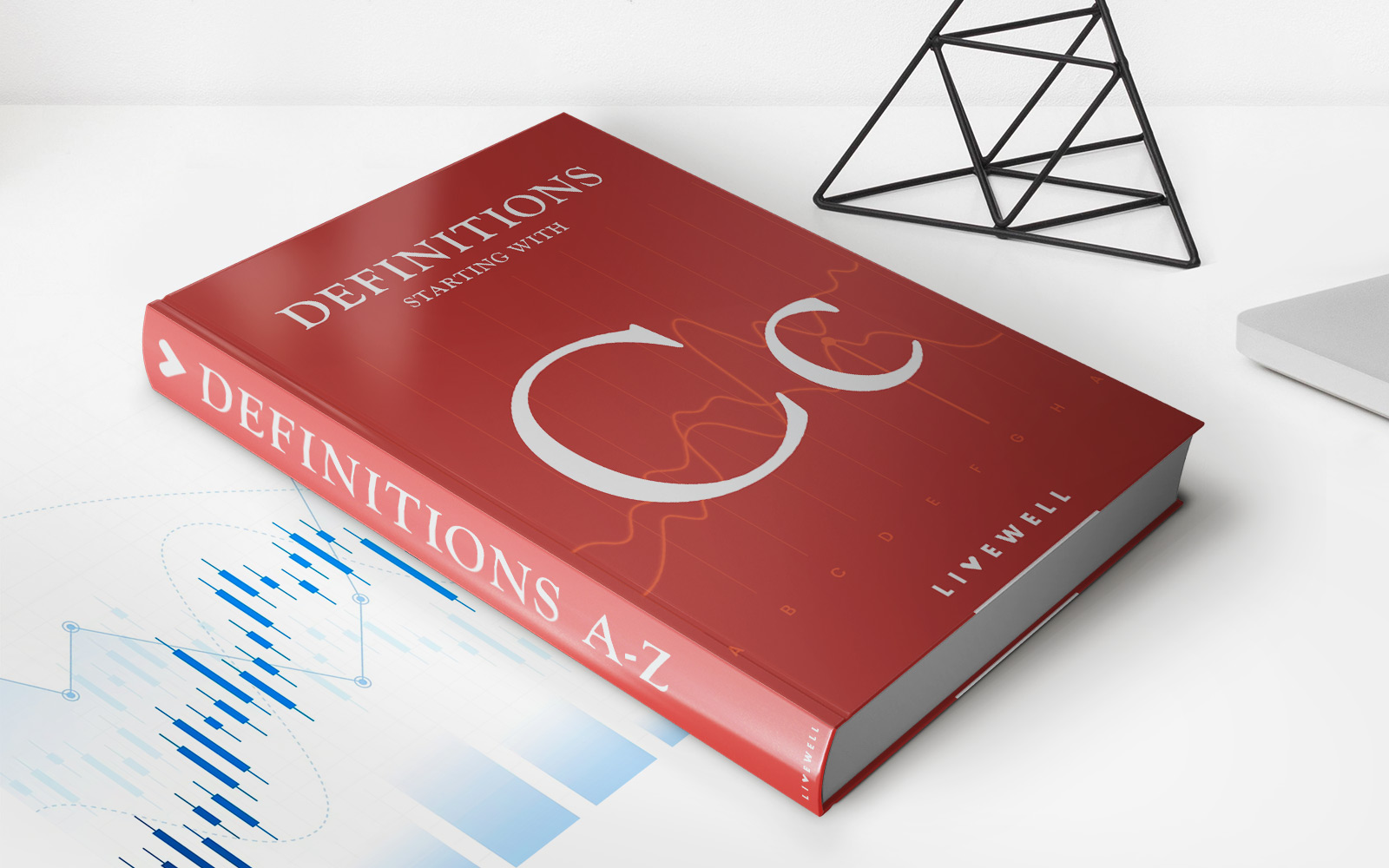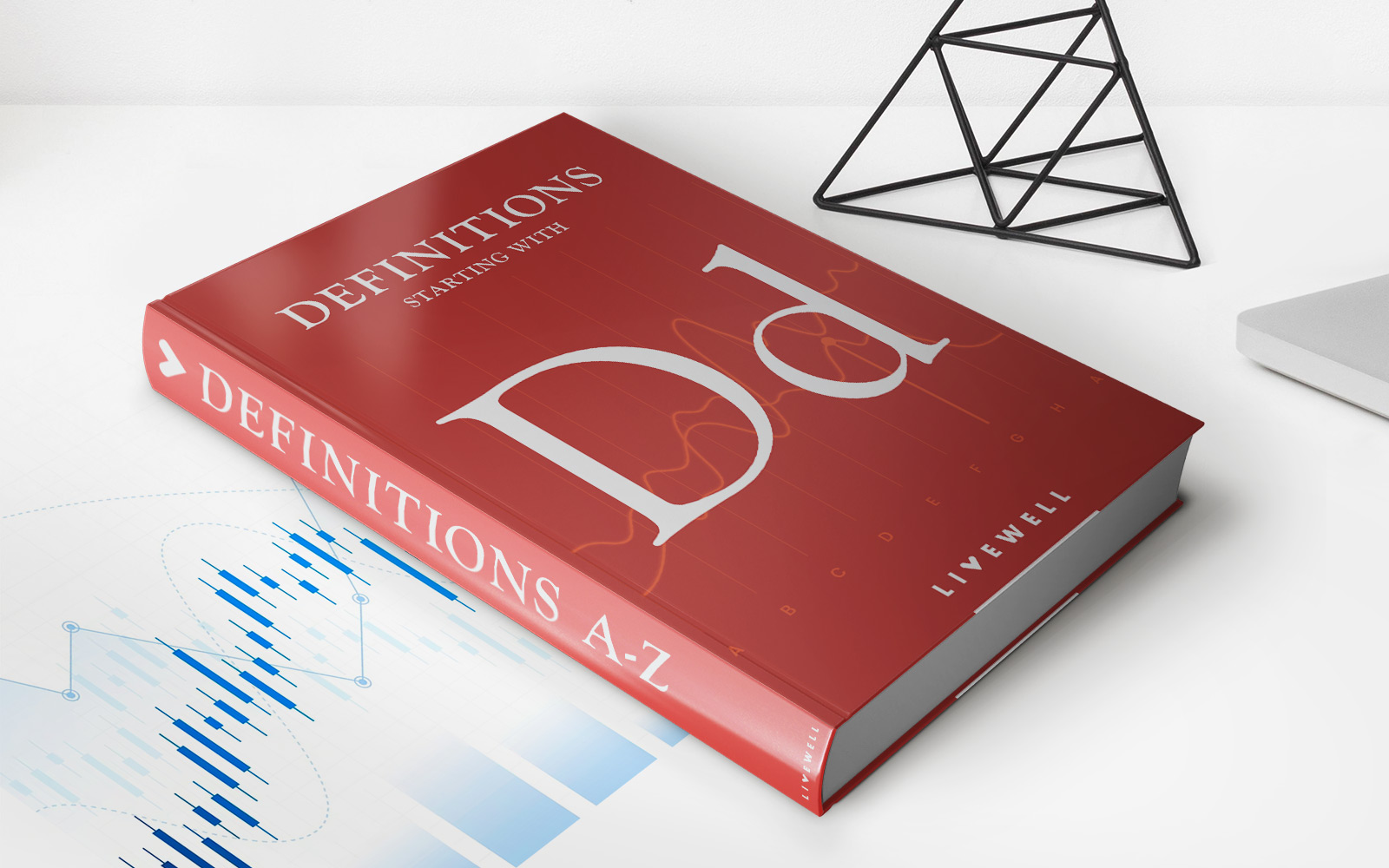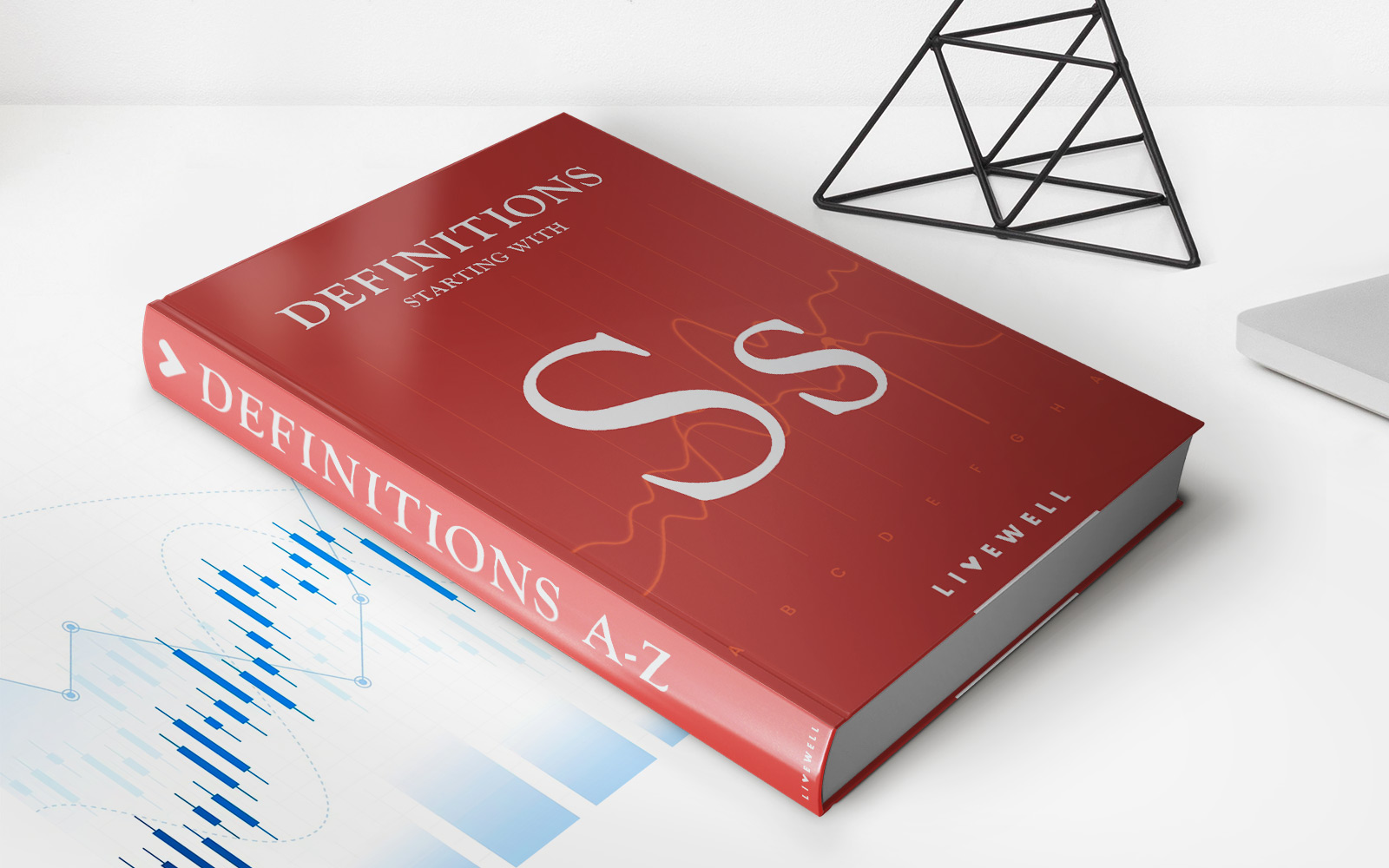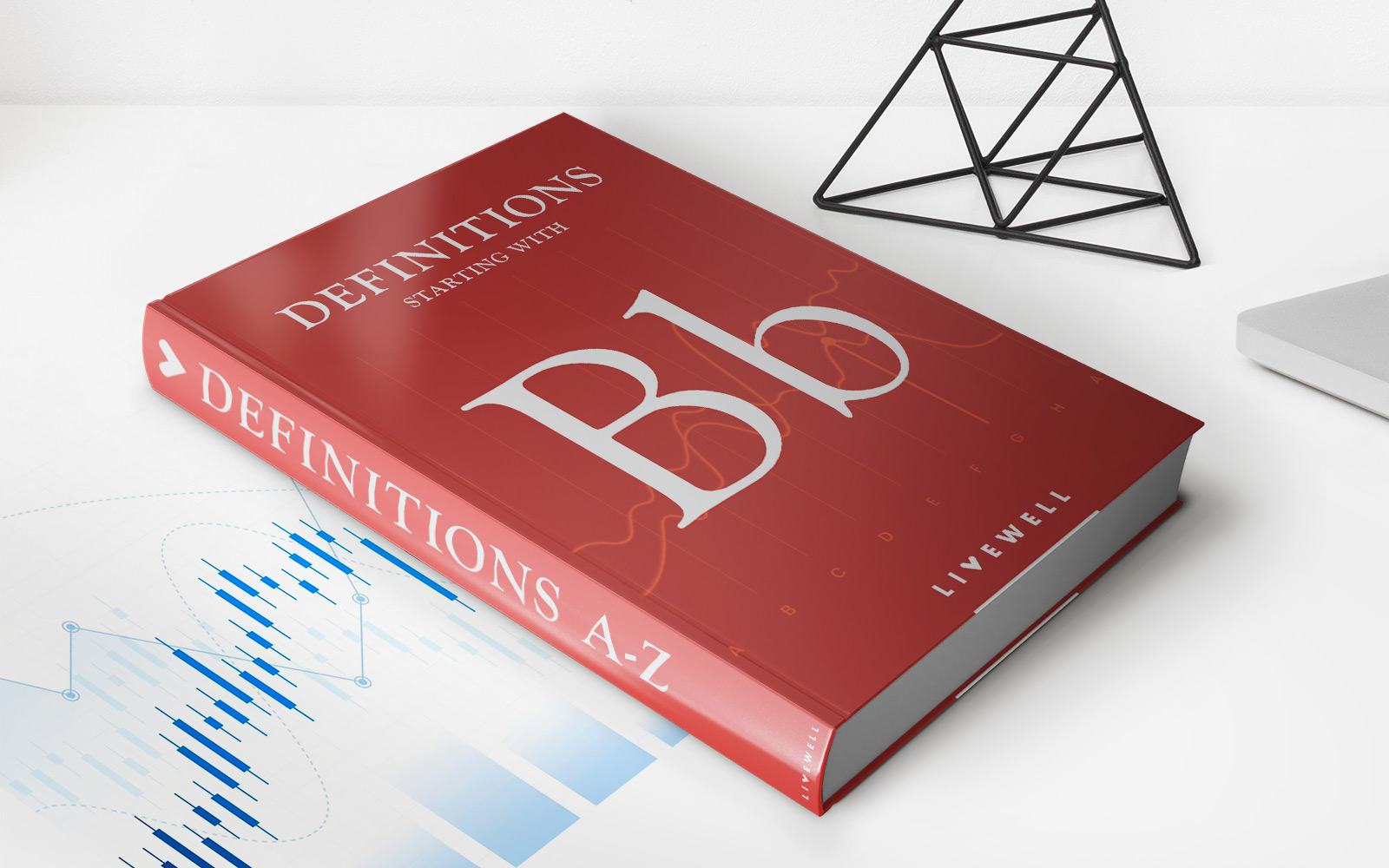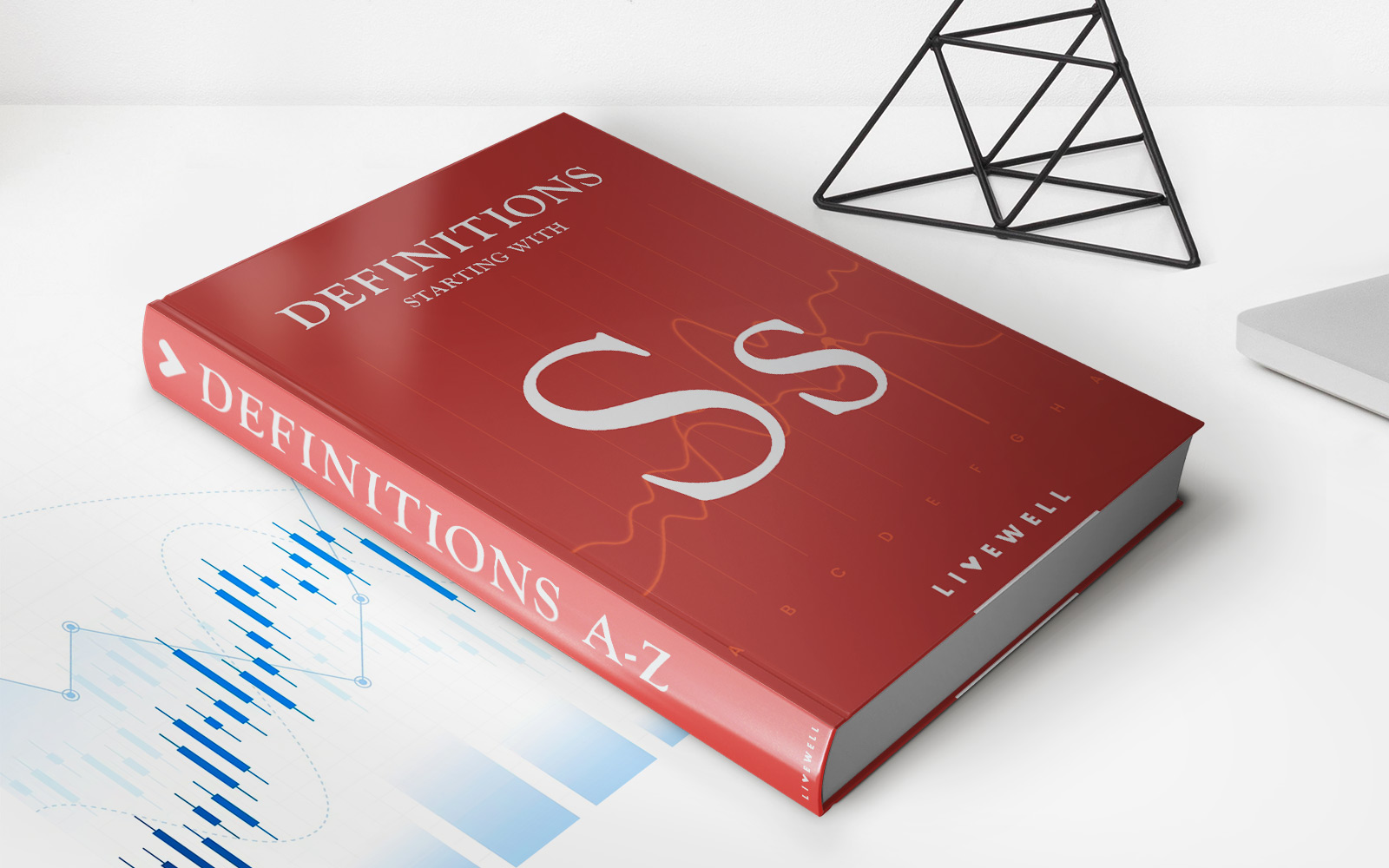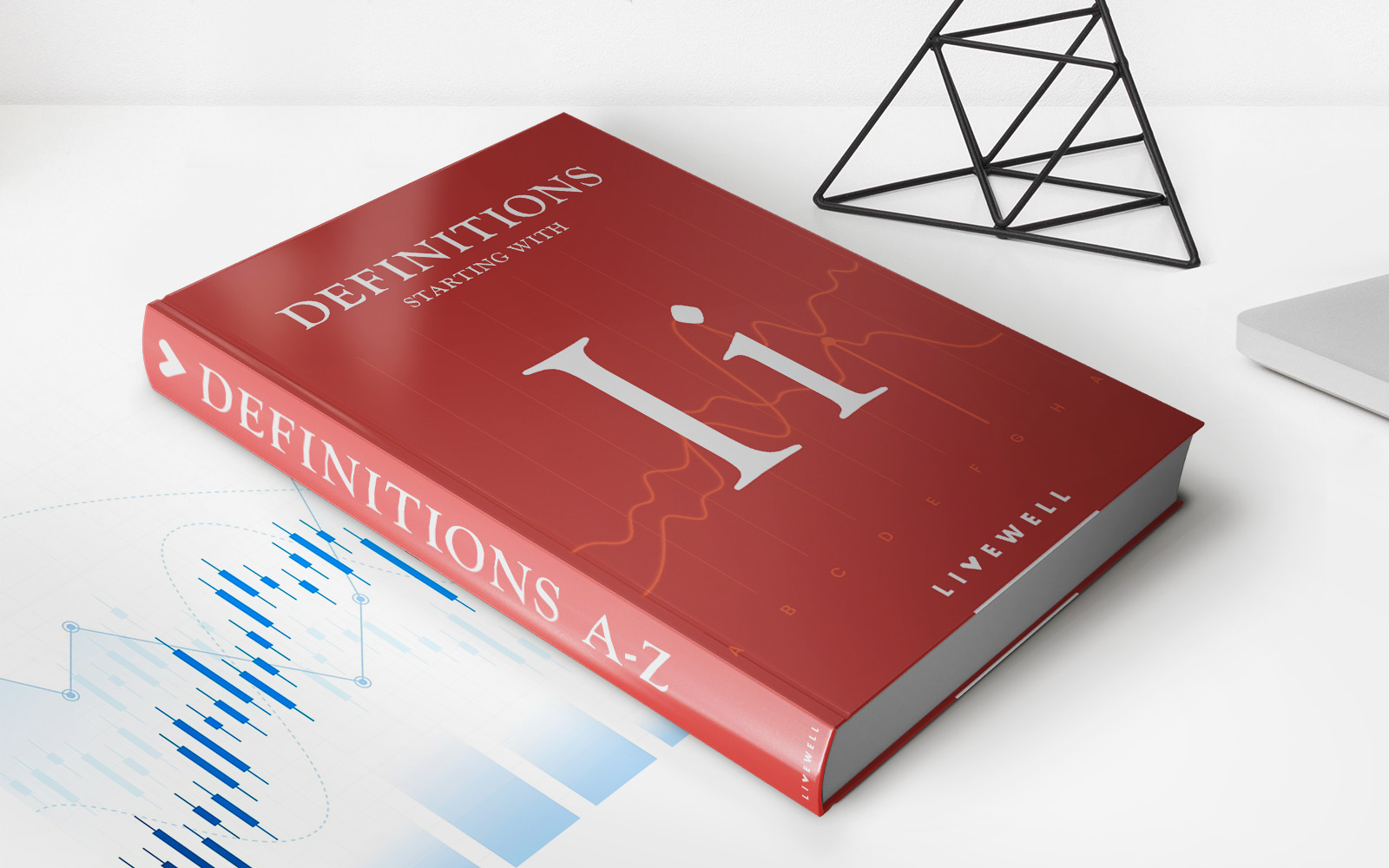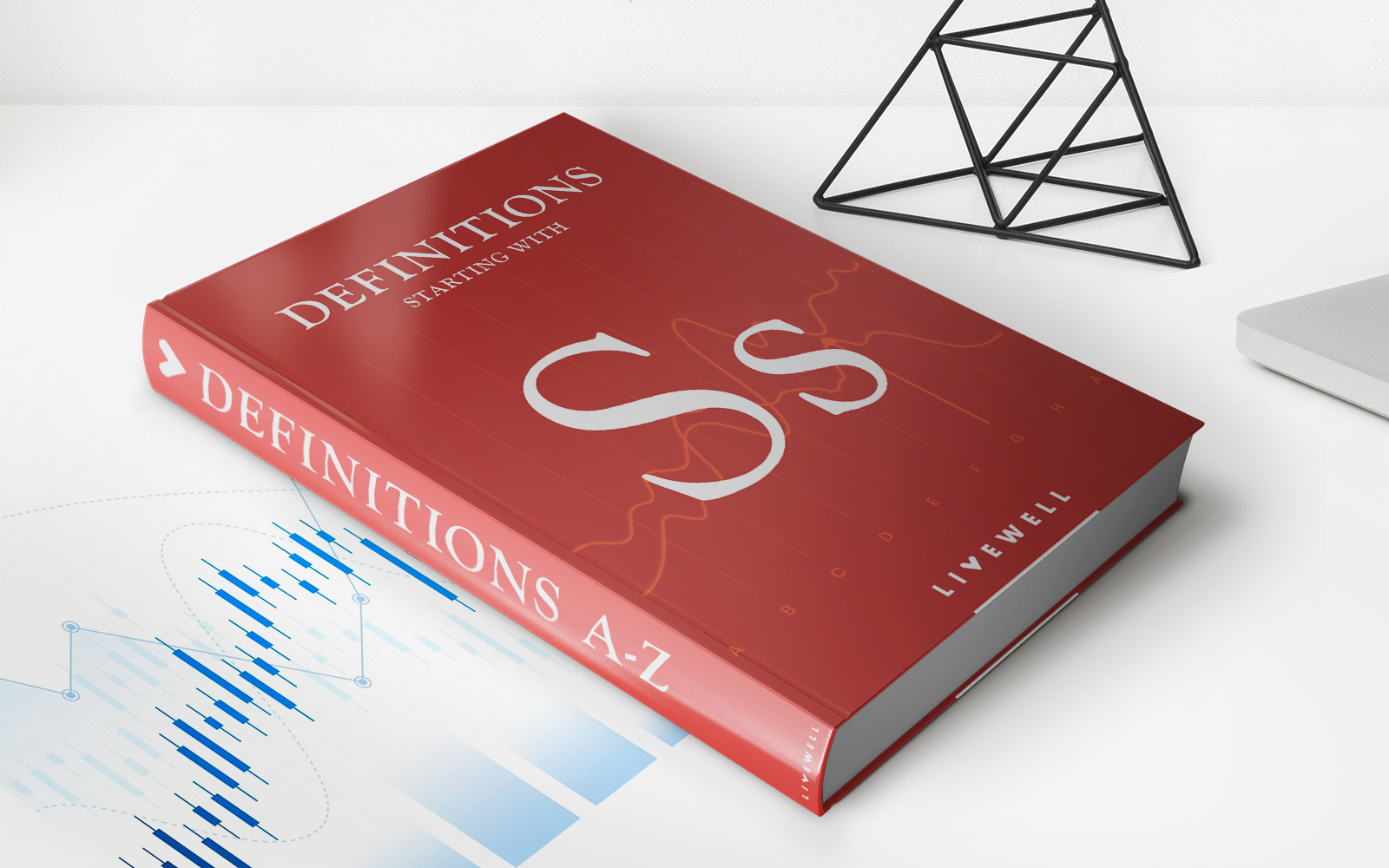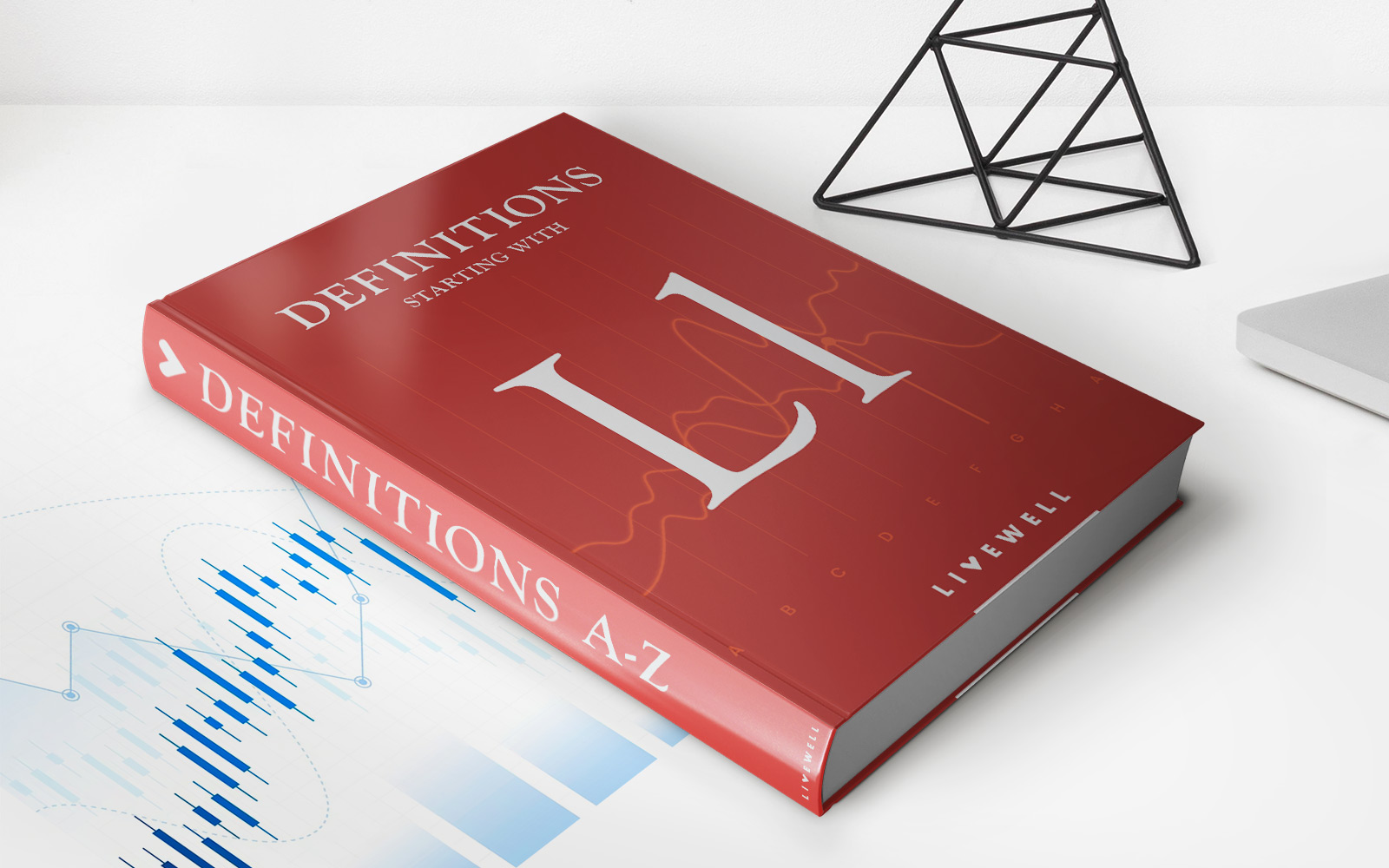Home>Finance>Testamentary Trust: Definition, Examples, Pros And Cons
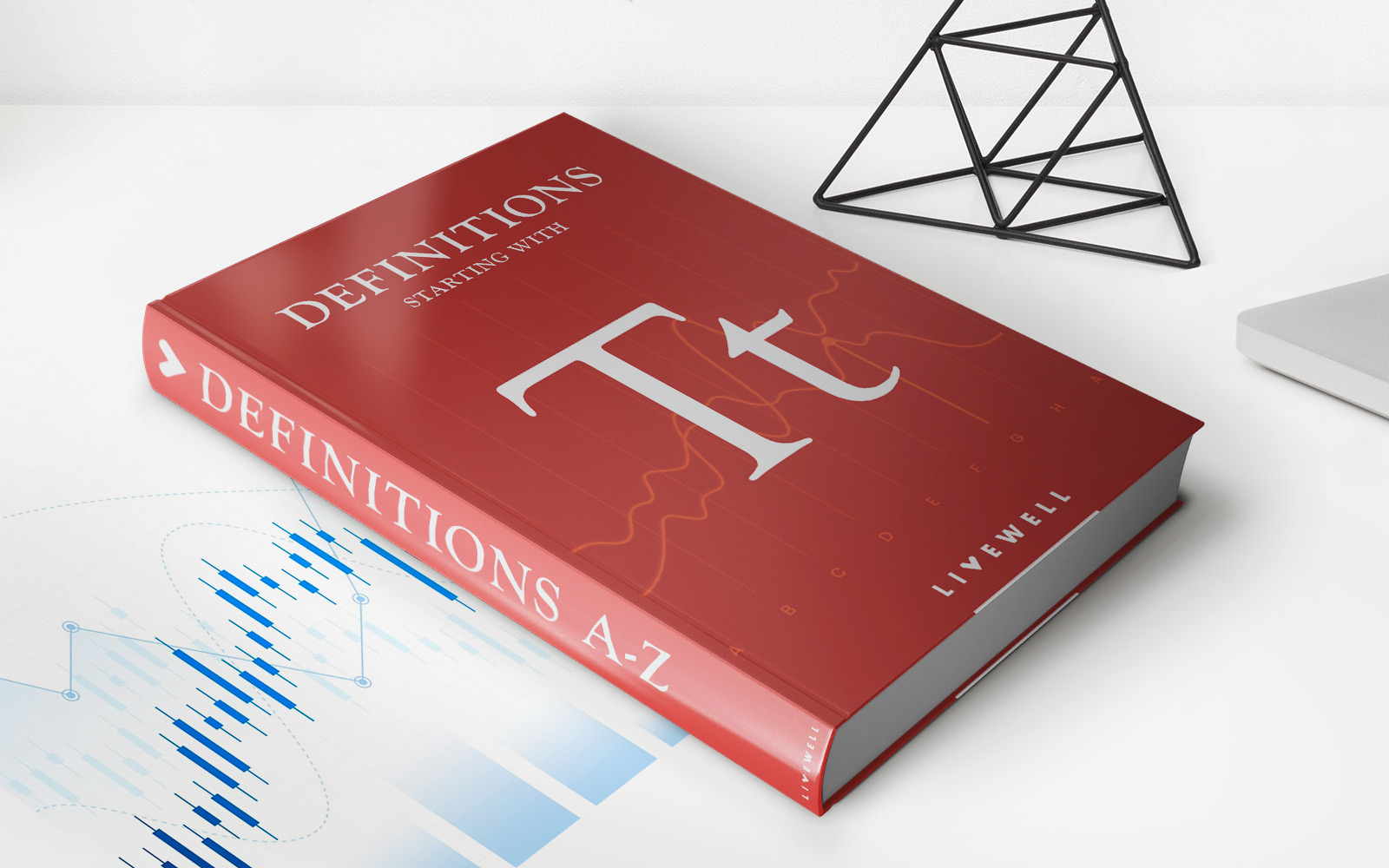

Finance
Testamentary Trust: Definition, Examples, Pros And Cons
Published: February 8, 2024
Learn about testamentary trusts in finance, their examples, and the pros and cons, helping you make informed decisions for your financial future.
(Many of the links in this article redirect to a specific reviewed product. Your purchase of these products through affiliate links helps to generate commission for LiveWell, at no extra cost. Learn more)
What is a Testamentary Trust?
Finances can be a complex web to navigate, especially when planning for the future. If you have concerns about how your assets will be managed and distributed after your passing, a testamentary trust may be a solution worth considering. A testamentary trust is a legal arrangement that allows you to specify how you want your assets to be handled, ensuring your loved ones are taken care of in accordance with your wishes.
Key Takeaways:
- Testamentary trusts are created through a will and come into effect upon the individual’s death.
- They provide flexibility and control over the distribution of assets, allowing for specific conditions and instructions to be followed.
Examples of Testamentary Trusts
There are various scenarios in which a testamentary trust can be utilized. Here are a few examples:
- Protecting minor children: If you have minor children, a testamentary trust can be established to ensure their financial well-being until they reach a specific age or milestone.
- Caring for a loved one with special needs: A testamentary trust can be used to provide ongoing financial support for a loved one with disabilities, ensuring they receive the necessary care and assistance throughout their life.
- Preserving family wealth: In cases where there is significant family wealth, a testamentary trust can be created to protect and preserve assets for future generations, minimizing taxes and potential risks.
Pros of Testamentary Trusts
Testamentary trusts offer several advantages that make them an attractive option for estate planning:
- Customization: With a testamentary trust, you can tailor the provisions to meet the unique circumstances and needs of your beneficiaries.
- Control: By creating a testamentary trust, you retain control over how your assets are to be managed and distributed, even after your passing.
- Privacy: Unlike other trusts, which may require public disclosure, a testamentary trust remains private, as it is created within a will.
- Flexibility: Testamentary trusts offer flexibility in terms of the distribution of assets, allowing you to set conditions and restrictions.
Cons of Testamentary Trusts
While testamentary trusts can be advantageous, it’s crucial to consider their potential drawbacks:
- Probate: As a testamentary trust is created through a will, it must go through the probate process, which can be time-consuming and costly.
- Complexity: Setting up a testamentary trust requires legal expertise to ensure all legal requirements are met, making it a more complex option compared to other estate planning tools.
- Irrevocability: Once established, it can be challenging to make changes or revoke a testamentary trust, limiting flexibility in responding to changing circumstances.
Ultimately, deciding whether to establish a testamentary trust requires careful consideration of your individual circumstances, priorities, and goals. Consulting with an estate planning professional can provide the guidance necessary to make an informed decision.
